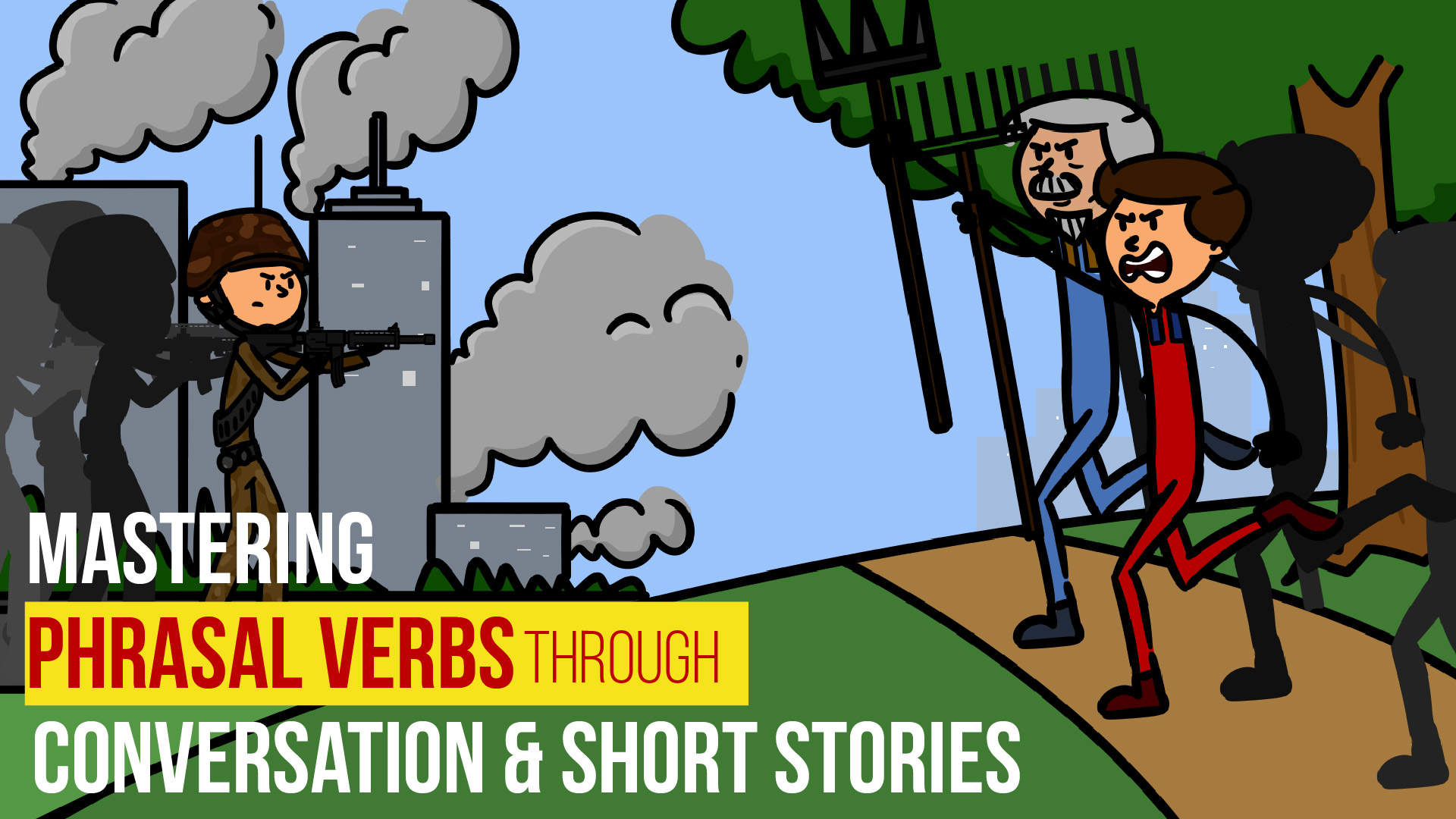Good writing is a valuable skill, whether you’re drafting emails or crafting articles. Improving your writing doesn’t have to be difficult. With a few simple tips, you can write clearer, more compelling content that gets your message across quickly.

1. Keep Sentences Short and Direct
Clarity is key in writing. One of the easiest ways to improve readability is by using shorter sentences. Long, complex sentences can confuse readers. Instead, stick to concise sentences that get straight to the point. This technique also helps to hold your reader’s attention, making your content easy to follow.
For example:
Instead of saying, “Due to the fact that it was raining, we decided to stay inside and watch a movie,” simplify it to, “It was raining, so we stayed in and watched a movie.”
2. Choose Active Verbs
Active verbs energize your writing and give it a strong, clear tone. Avoid phrases like “was doing,” “is going,” or “will be completed.” These slow down the flow of your writing. Stick to action-packed verbs that move your writing forward.
For example:
Instead of saying, “The report was written by the team,” try “The team wrote the report.” This structure makes your writing more engaging.
3. Break Up Your Paragraphs
Nobody likes reading walls of text. To keep readers engaged, break up your content into shorter paragraphs. Even if you have a lot to say on a subject, try to divide your information into easily digestible chunks. This makes your writing visually appealing and less intimidating.
If you’re working on an article, like this one, notice how each point is its own short paragraph. This helps readers scan through the key ideas.
4. Avoid Overly Complicated Words
Good writing isn’t about showing off your vocabulary. It’s about communicating effectively. Using simple words helps make your writing clearer. If your reader has to stop and look up a word, you risk losing their attention. Stick to everyday language that everyone can understand.
For example:
Instead of “utilize,” just say “use.” Instead of “commence,” say “start.”
5. Be Specific
General statements are easy to write but don’t carry much weight. Being specific adds depth to your writing and makes it more interesting. Use specific details to paint a clear picture in your reader’s mind.
For example:
Instead of saying, “The weather was bad,” say, “The storm pounded the windows, and the wind howled through the streets.”
6. Read Aloud to Catch Mistakes
What you get when you avoid proofreading is that you are likely to overlook certain mistakes especially if you are reading the content in silence. This is where you read your work out loud, as it may help you notice some things you did not before. Your words can also be effective in revealing that in your sentences you may have overextended your ideas or expressed them unclear or awkwardly.
One of the effective ways of checking into the fluency of our written content is by reading them aloud to ourselves.
7. Practice Consistent Tone and Style
Regardless of the type of writing that you are doing, the rule of thumb is to be consistent. It is advised that one should maintain the same respective tone and style throughout the piece. You shouldn’t go from conversational, to formal in the middle of the passage, either. I can remember feeling more confident in the writing because having a consistent tone also makes it sound more professional.
8. Use Tools Wisely
There is no shortage of applications that can assist with writing and one can use a grammar checking tool or hire an AI tool. One such tool which is getting popular is the AI voice cloning. Although it has no direct connection with conventional writing, it will enable you to produce natural-sounding voice renditions of your writing. You might feel like you’re listening to your favorite bedtime story when you listen to someone else read your article out loud using your voice. This feature can be of great use to provide the audience with the objective view of the content and determine whether the given text sounds good when read aloud.
Using this technology you can record only a small segment of your voice, then the tool can synthesize a natural-sounding clone. This helps in making podcasts or video narrations without having to say ever word that is to be said.
9. Keep Your Reader in Mind
Writing is not, therefore, about what the writer has to say but what the reader has to be told. However, always put the audience into consideration each time you are writing. Is it a reader that needs entertainment, a businessman or someone who needs an extensive guide? It would be wise to adapt the way you write, as well as the content and texture of your message.
For instance, if one is writing an article to help writers who are new to writing, then, do not use technical writing terms. However, where a formal presentation of the theories is deemed necessary, do so in a manner that addresses their level of understanding.
10. Edit Ruthlessly
The best writers know that good writing is rewriting. After you finish your first draft, take time to go through it again. Cut out unnecessary words, clarify your points, and smooth out rough spots. If something doesn’t add value to your writing, cut it. This process can transform average writing into polished, professional work.
Focus on eliminating wordiness, repetitive phrases, and vague language. The more concise you are, the stronger your writing becomes.
11. Avoid Repetition
Repetition is one of the easiest ways to bore your readers. It can sneak into your writing without you noticing. Be careful not to use the same word or phrase multiple times in a short span. Look for synonyms or rephrase your sentences to keep your writing fresh and engaging.
For example:
Instead of saying, “He was tired. He was very tired from working all day,” try, “He was exhausted after working all day.”
12. Stay Focused
When you’re writing, it’s easy to get off track. Stay focused on your main message, and avoid straying into unrelated topics. If you start discussing something that doesn’t directly support your main point, cut it out. Keeping your content on-topic will make your writing tighter and more effective.
Conclusion
Getting to that perfect writing condition does not need any major transformation. That is why, using such pieces of advice as avoiding long sentences, using active voice, and maintaining a proper writing tone, you can boost your writing skill in a short time. I would always like to remind everyone that good writing is all about passing on information clearly. Regardless of whether you are writing a blog entry, e-mail, or a business proposal you must keep yourself on track and edit scrupulously so as to produce an efficient message.
If you have wondered how to use AI for voice cloning this is a great way to bring your content to life. Whether it is to gain the externality that comes with the actual physical sounding of one’s works or to record a voice over for a specific project, the various AI paraphernalia are quite useful and beneficial while you hone your writing skills. So, the more you practice, the more you stick to it, and one day your writing will be excellent than before.





